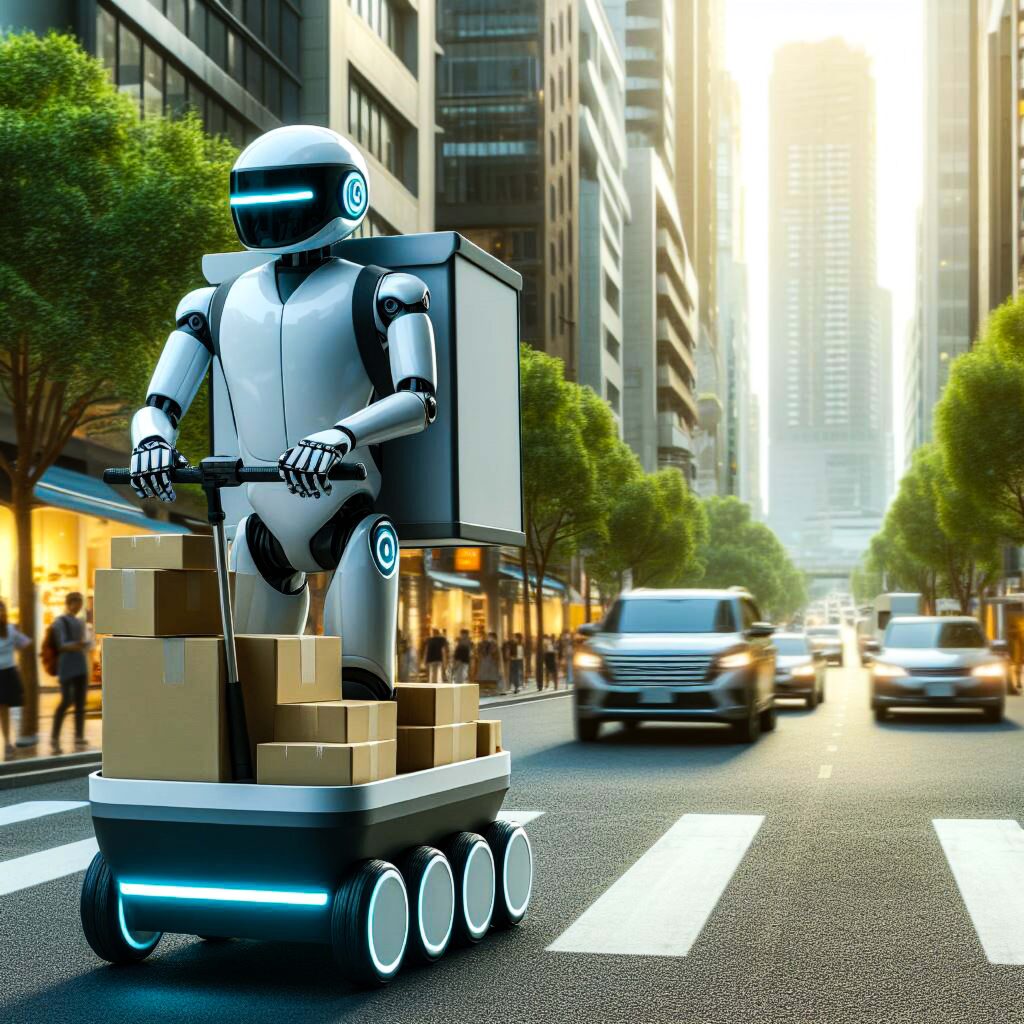
In recent years, the world has seen tremendous strides in the development of robotics and autonomous technologies. These innovations are set to redefine industries, streamline urban mobility, and even impact the way we live and work on a daily basis. With advances in artificial intelligence (AI), machine learning, and sensor technologies, we are now closer than ever to a world where intelligent machines take on tasks that were once the exclusive domain of humans.
Robotics: Revolutionizing Industries
Robots have long been used in manufacturing, but today’s advancements are pushing their capabilities far beyond simple, repetitive tasks. Modern robots are designed to think, adapt, and interact with their environments in ways that were previously unimaginable. Equipped with AI and advanced machine learning algorithms, these robots are now capable of handling complex tasks across industries such as healthcare, logistics, and customer service.
In healthcare, for instance, robots are being used to assist with surgeries, manage patient care, and even provide companionship to the elderly. In logistics, autonomous machines can navigate warehouse environments, manage inventory, and ensure the efficient delivery of goods. These developments are expected to significantly increase productivity, reduce costs, and enhance safety in various sectors.
Autonomous Technology: A New Era of Mobility
Autonomous vehicles are perhaps one of the most visible manifestations of AI and robotics in our daily lives. From self-driving cars to autonomous delivery drones, these technologies are poised to revolutionize how we navigate and manage our cities. By removing the need for human drivers, autonomous vehicles promise safer roads, reduced traffic congestion, and more efficient transportation networks.
The implications of widespread adoption are vast. Urban infrastructure could be reshaped as autonomous fleets manage themselves, optimizing routes, reducing fuel consumption, and decreasing the number of parking spaces required in busy cities. For logistics, autonomous trucks and drones could ensure faster and more reliable deliveries, reducing delays and cutting operational costs.
AI Integration: The Brain Behind the Machines
At the heart of these robotics and autonomous systems is AI. The integration of AI allows these machines to process massive amounts of data in real-time, learn from their experiences, and make decisions without human intervention. This ability to adapt and improve autonomously is what sets modern robotics and autonomous technologies apart from earlier iterations.
AI-driven systems are particularly important in environments where quick decisions are necessary, such as autonomous vehicles navigating through busy city streets or robots managing high-risk tasks in hazardous environments. The continuous improvement of AI algorithms will further enable these machines to tackle even more complex scenarios in the future.
Challenges and Considerations
While the potential for robotics and autonomous technologies is enormous, there are still challenges to address. Questions around ethics, safety, and regulation must be carefully considered. For example, how do we ensure that AI-driven decisions are fair and transparent? What regulatory frameworks need to be in place to manage widespread deployment in public spaces? Additionally, concerns over job displacement are ever-present, as machines begin to take on roles traditionally held by humans.
Nevertheless, these technologies also create opportunities for new industries and jobs, particularly in the fields of AI development, robotics engineering, and data science. The key will be ensuring a balance between innovation and human-centered development.
Conclusion: A Future Shaped by Automation
The increasing sophistication of robotics and autonomous systems is set to have profound effects on society. These technologies hold the promise of a more efficient, safer, and interconnected world, where humans and machines work side-by-side to achieve goals that were once considered impossible. As AI and robotics continue to evolve, we can expect to see even more breakthroughs that will shape the future of industries, transportation, and daily life.
While there are still challenges to overcome, the trajectory of progress suggests that robotics and autonomous systems will play an integral role in creating the cities and industries of tomorrow.
Hope this article was helpful to you. If yes, we will be glad if you could share it with your connections online. You can also tweet your comments to @rezoomex and @akshaymoon89 with #TechHiringBlog
Also, do share your thoughts on this in the comments box.
Thank You!
With an overall experience of more that 7 years, Akshay Moon is someone who specializes in content marketing and has always managed to create quality content. He is currently working with Rezoomex as a Digital Marketing Executive.
Passionate about sports, particularly obsessed with cricket, anything related to the game is enough to attract Akshay’s attention.
Related
Discover more from Rezoomex Tech Blog
Subscribe to get the latest posts sent to your email.


